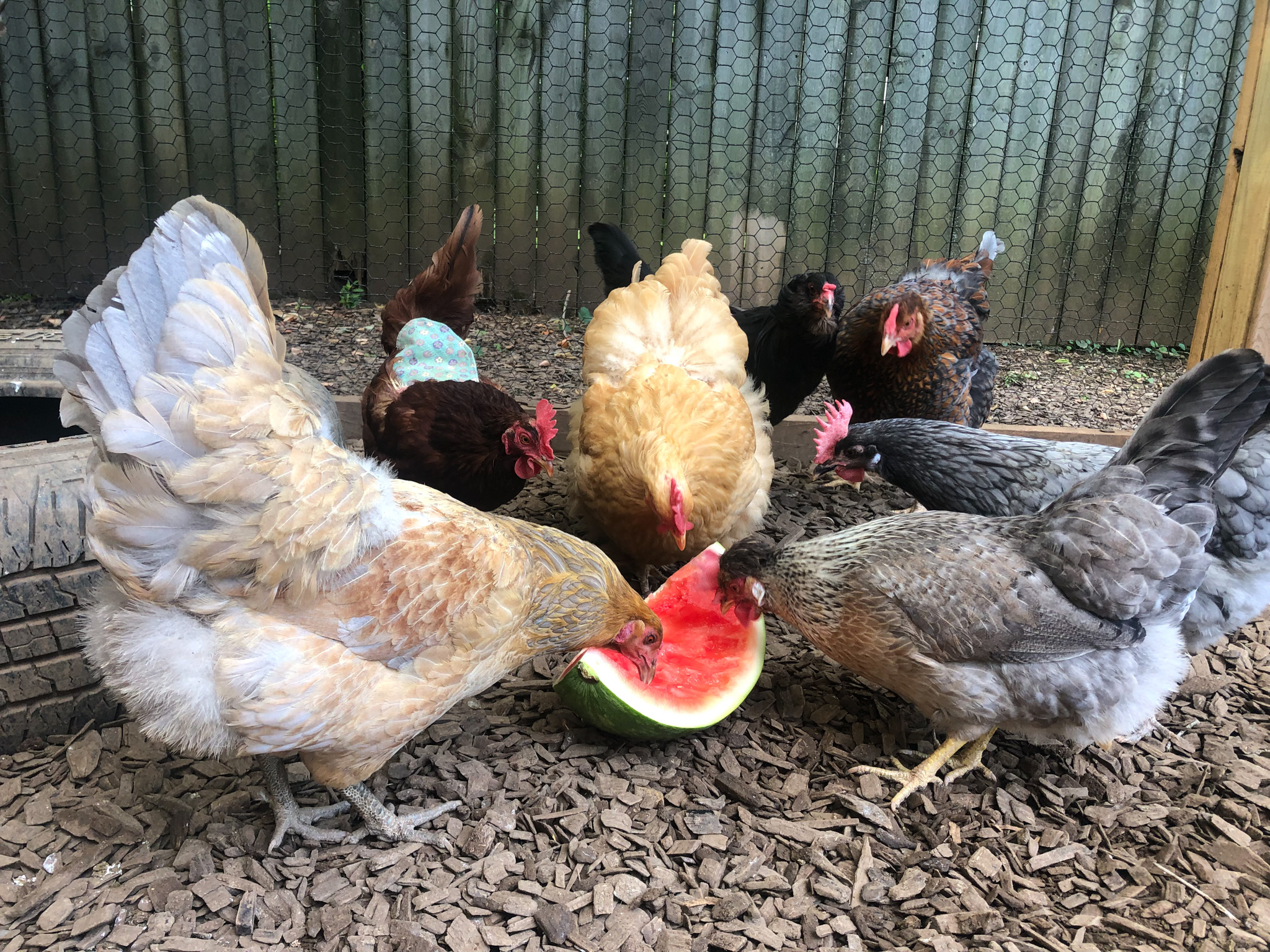UK leads program to train veterinarians in backyard chicken flock care
UK leads program to train veterinarians in backyard chicken flock care


Nationwide, more and more people have small or backyard chicken flocks. As with any animal production operation, health issues arise with poultry. Most avian veterinarians work for large poultry production companies, though, and are unavailable to assist this growing population. To combat this, the University of Kentucky College of Agriculture, Food and Environment created an online training program aimed at educating general-practice veterinarians on small and backyard poultry flock challenges.
“With the growth of small and backyard flocks, there is a need for veterinarians in private practice willing to see birds,” said Jacqueline Jacob, extension project manager in the University of Kentucky Department of Animal and Food Sciences.
When the U.S. Food and Drug Administration began to impose restrictions on the availability of common antibiotics in 2017, the lack of backyard poultry vets became a significant problem. Now, certain medications previously available without a prescription are only available with a prescription from a licensed veterinarian.
Jacob and UK Department of Animal and Food Sciences chair Tony Pescatore worked with pathologists at Utah State University and Michigan State University to develop the course. UK offers the course in collaboration with the Association of American Avian Pathologists. A U.S. Department of Agriculture grant funded the course development.
The module-style course allows each participant to progress at their own pace and the cost is $300 per person. Each module concludes with a brief exam. To receive continuing education credits for taking the course, participants must have 70% or more correct responses on module quizzes. Participants who successfully complete the course will receive eight Registry of Approved Continuing Education-approved credits.
“We believe this course will help those with existing practices feel comfortable seeing poultry flocks and we are proud to offer it,” Jacob said.
To learn more about the course and registration, visit https://www.aaap.info/poultry-medicine-for-veterinarians-course.
This material is based upon work that is supported by the National Institute of Food and Agriculture, U.S. Department of Agriculture, under award number 2020-70024-33096. Any opinions, findings, conclusions or recommendations expressed in this publication are those of the author(s) and do not necessarily reflect the view of the Department of Agriculture.
Animal & Food Sciences Veterinary Science

